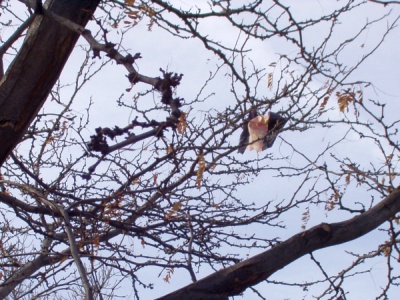Who Can Put a Price on a Forest?
Actually, the Forest Service did just that (and not in the logging sense either). The USFS recently completed a nationwide study of urban trees and the economic and environmental benefits they provide. The Forest Service study calculated urban tree canopy cover, annual carbon sequestration, air pollution removal and their value for each state and many cities in the United States.
That trees reduce air pollution, sequester CO2 and provide shade is no secret. But, quantifying the benefits that trees provide is certainly news. The U.S. Forest Service study calculated that, "The estimated 3.8 billion urban trees are estimated to have a structural value of over $2 trillion, and store carbon valued at over $14 billion. Urban trees also annually remove air pollution valued at $4 billion and remove carbon dioxide, a dominant greenhouse gas, valued at around $460 million per year."
Here's another interesting tidbit from the study "... a neighborhood tree growing along the public right-of-way added an average of $12,828 to the combined value of all houses within 100 feet." Wow! Who knew that three mature trees (2 Pines, 1 Locust) in our front yard add almost $38,500 to the value of our home (and our next-door neighbors). The Forest Service Urban Forest Data can be sorted by state, county and city to see the value of urban trees where you live.
My apologies to Alfred Joyce Kilmer but, I think that I shall never see a CO2 scrubber lovely as a tree. Kilmer was on to something about the aesthetic value of a tree, it also happens that urban trees have real and quantifiable environmental value. It seems that everywhere I look I find new and significant reports on the value of nature and biodiversity. Now I need to figure out where I can plant another tree.
P.S. I just discovered that 2011 is the International Year of the Forests!
More Info:
Forest Service Quantifies the Value of Trees across the Nation
Forest Service - Urban Forest Data
i-Tree - Tools for Assessing and Managing Community Forests
NSF - Plants Play Larger Role Than Thought in Cleaning up Air Pollution
The Economics of Ecosystems and Biodiversity (TEEB) study is a major international initiative to draw attention to the global economic benefits of biodiversity, to highlight the growing costs of biodiversity loss and ecosystem degradation, and to draw together expertise from the fields of science, economics and policy to enable practical actions moving forward. J5HPU4VJCUZU


